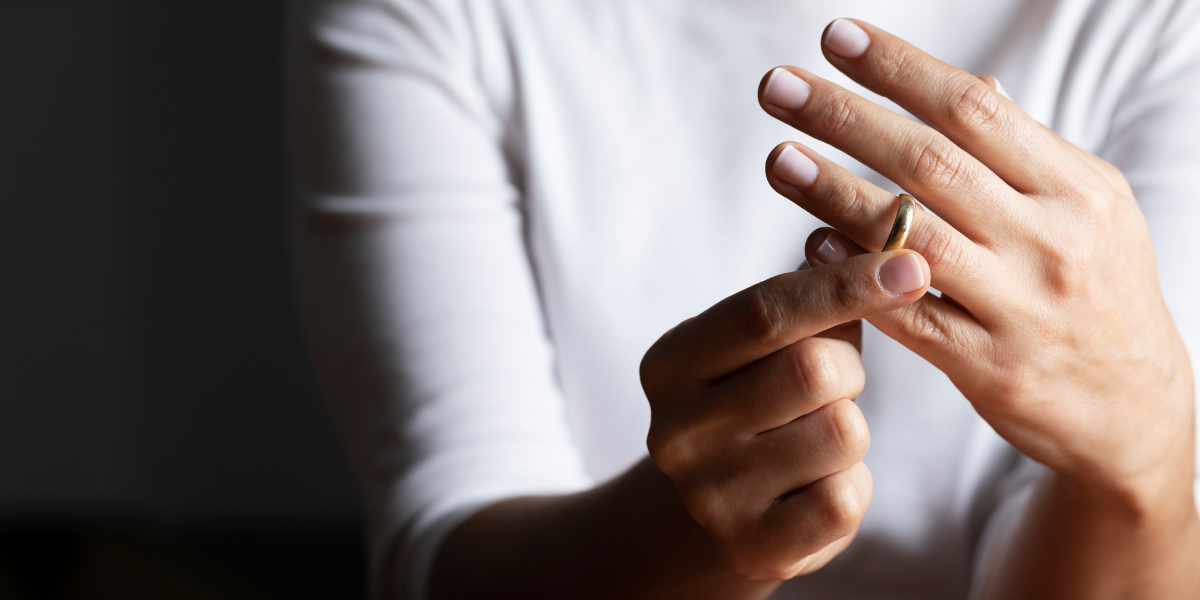
How Can You Heal From Infidelity?
Infidelity is the ultimate form of betrayal. Why infidelity happens is hard to define. In most instances, infidelity includes some combination of the three following elements: secrecy, sexual involvement, or emotional involvement. An act may be considered cheating even if it doesn’t have these elements, but in most cases one of these plays a part.
It’s usually the secrecy that often hurts the betrayed partner the most. Discovering that your partner kept you in the dark is just as painful as knowing your partner is having an affair.
Infidelity hurts because it threatens the identity of both the betrayer and betrayed. Marriage counseling for infidelity may be the last thing on your mind.
Infidelity and Betrayal. Why Me?
You thought you had a great life together, went on dates and enjoyed spending time with family. Then one day everything comes crashing down. You just found out your partner cheated on you. Now you’re feeling devastated. How could this happen? Why did this happen? How could someone you trusted and were committed to hurt you like this?
For many of us, we build our relational identities around love, partnership, connection, respect, and trust. An act of infidelity hurts so deeply because it threatens the self-confidence of the partner who has been betrayed. The betrayal comes as a shock, an abandonment that makes them question their self-worth. Many betrayed partners experience flawed logic – this must have happened to me because I’m not good enough.
How Do We Respond to Infidelity?
Some common reactions for both partners may be anxiety, depression, and grief. For the betrayed it may be obsessive or intrusive thoughts, wanting to know all the details of the affair, distancing emotionally, and feeling like they can never trust again.
For the partner involved in the infidelity, they may experience shame, guilt, and fear – and resist going to counseling because they worry their therapist will take sides and they do not want to be seen as the villain in the relationship.
Can Couples Counseling Help After Infidelity?
This is where marriage therapy or couples counseling can help. Infidelity recovery therapists can help you navigate what may seem impossible: to heal from the betrayal. It is possible to repair your relationship with time and determination.
Couples counseling for infidelity will provide you with a safe space to talk about your relationship, offer ongoing support, and teach new tools that help both partners:
- Process the betrayal by sharing feelings
- Rebuild trust
- Enhance connection
- Decide how to move forward
Is There Hope After Infidelity?
Yes, although not every relationship can survive betrayal. About 1 in 5 couples who divorce attribute cheating to the end of their marriage. However, research has shown some relationships may even become stronger, richer, and more intimate as a result of couples counseling following infidelity. Several studies show that behavioral couples counseling reduces the symptoms of psychological trauma and leads to greater forgiveness.
A recent study exploring partners who went through marriage therapy after infidelity followed them for 5 years. They found that the couples who remained married reported an increase in their relationship satisfaction over time, regardless of the circumstances of their infidelity.
You can learn more about my approach to counseling here. If you’re interested in exploring options after infidelity, my colleagues and I at Lifeologie Counseling Dallas see individuals and couples at every stage of relationships. You can meet our counselors or schedule an appointment in person or using our telehealth services. Reach out and get the support you need.

About Saliha Qadir
Saliha Qadir, LPC, earned her MS in Mental Health Counseling from Southern Methodist University. She specializes in helping clients navigate tough life transitions, severe depression, anxiety, trauma, and addictions, and is passionate about cultural roles, identity, enculturation, and dispelling stigma regarding seeking mental health services within BIPOC communities. She is fluent in English and Urdu and sees individuals and couples at Lifeologie Counseling Dallas.
Meet Me



